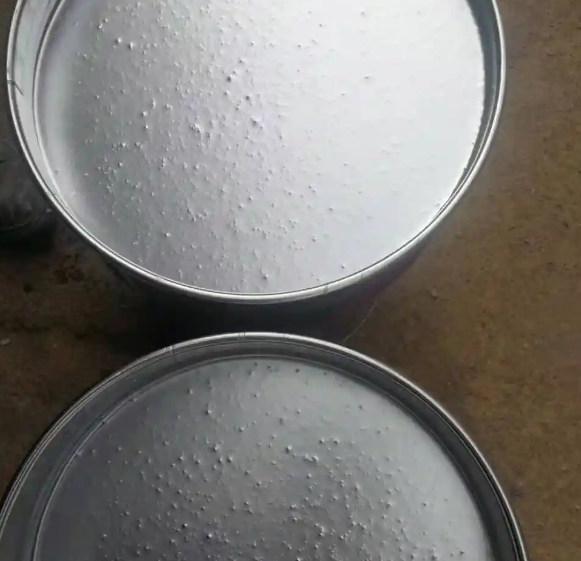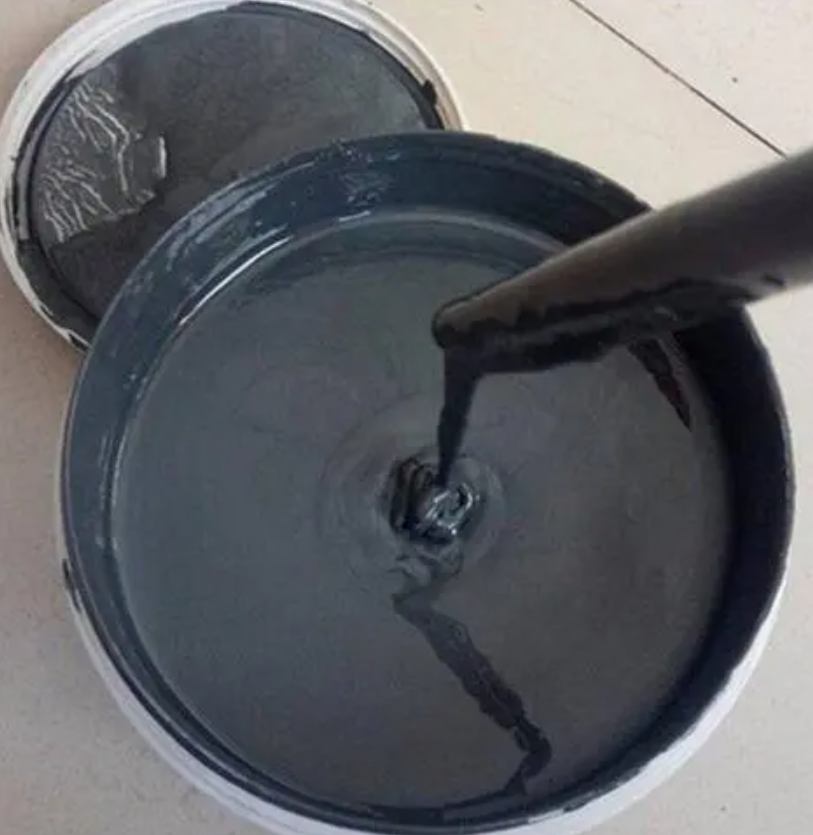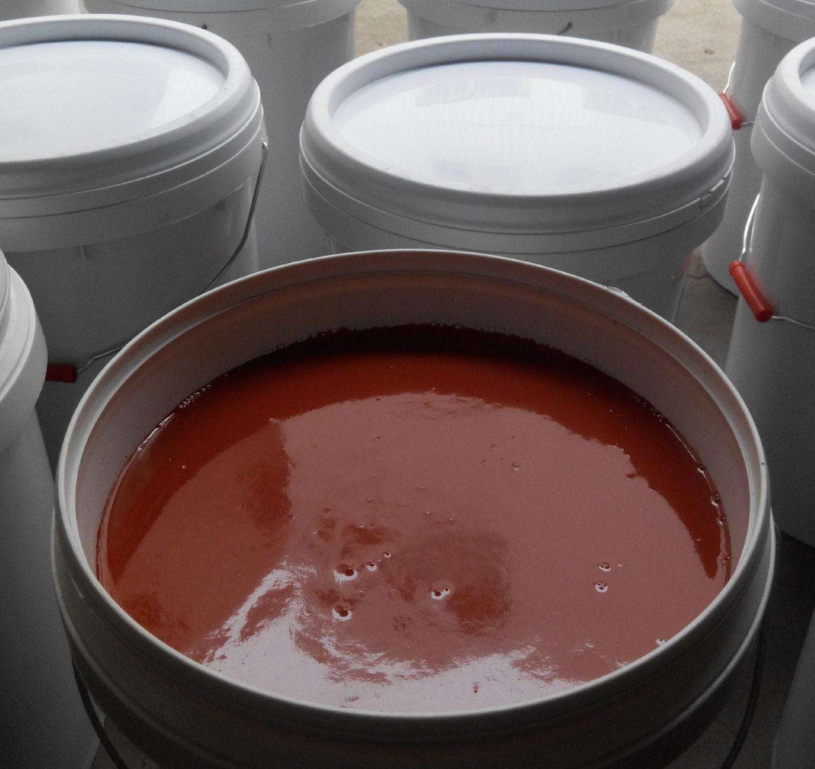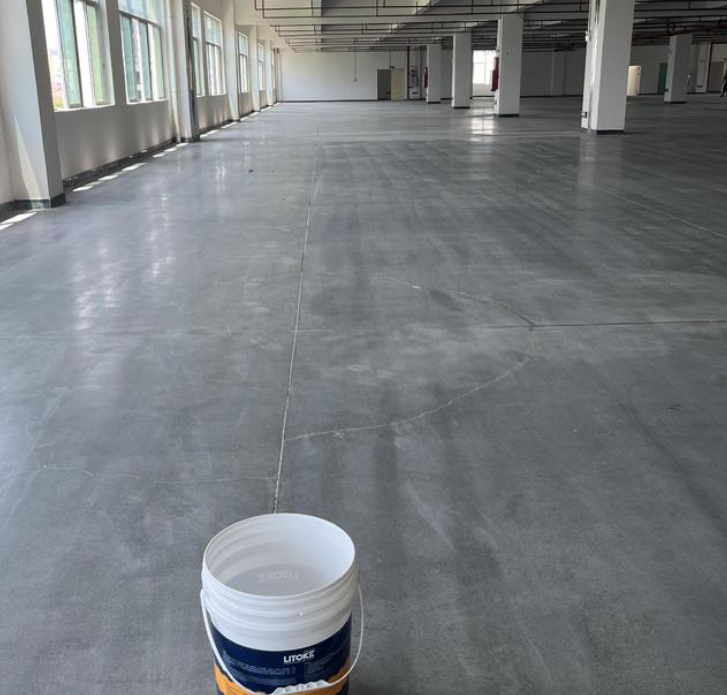With increasingly stringent environmental regulations and rising consumer demand, the coatings industry is accelerating its development in the direction of green, low-carbon, and environmental protection. At the same time, technological innovation has also promoted the diversification and high performance of coating products, bringing new growth points to the market. How about applications of silicone coating?
Silicone coating is widely used in many fields due to its unique performance advantages. In the construction field, it can be used for exterior walls, roof coating (existing roof, metal roofs), and floors, providing protection against heat, ultraviolet light, and chemical corrosion after the curing process. In the automotive field, silicone coatings can be applied on polyurethane foam and other substrates, improving the hardness and abrasion resistance of automotive surfaces, and extending service life. In addition, it is used in many industries such as electronics, aerospace, medical devices, food packaging, etc. to provide high-performance protection and decoration for various types of equipment and products.
The following five aspects of the advantages and applications of silicone coatings:
- What is silicone resin?
- What is the nature of silicone?
- What are the silicone coatings?
- How to improve the silicone coating?
- How to make silicone coating perform better?
1. What is silicone resin?
Silicone resin is commonly used in methyl chlorosilane and phenyl chlorosilane such as hydrolyzable active groups of organosilicon monomer by Polycondensation reaction. It is a Si-O-Si as the main chain, silicon atoms connected to the organic groups of the crosslinked semi-inorganic polymers. It has the following characteristics.
(1) The electronegativity of silicon atom is low, and the Si-O bond has certain ionic properties.
(2) Si-O-Si bond energy and bond angle are larger than the C-C bond, with high-temperature resistance.
(3) Low surface, large energy contact angle, can be decontaminated.
(4) There are radiation resistance, oxidation resistance, high air permeability, weather resistance, insulation, etc.

2. What is the nature of silicone?
(1) Curing
Silicone resin is made of bifunctional and trifunctional monomers hydrolyzed polycondensation.
Silicone resin curing is generally at a higher temperature (200 250 degrees) heat curing, the most commonly used curing agent for the triethanolamine or a mixture of it and dibenzoyl peroxide, curing time is longer.
To fully cure the resin, heat, and catalysts must be added to accelerate the reaction. Many substances can play a catalytic role in the silicon-intoxicating condensation reaction, including acids and bases, soluble organic salts of lead, cobalt, tin, iron, and other metals, organic compounds such as dibutyltin dilaurate, and so on.
(2) Three ways of curing:
To use the hydroxyl group on the silicon atom for condensation polymerization crosslinking into a network structure, which is the main way taken by the curing of silicone resin.
To use vinyl attached to silicon atoms, and the use of organic peroxides as a catalyst, similar to silicone rubber vulcanization.
To utilize the vinyl group attached to the silicon atom and the silicon hydrogen bond to carry on the addition reaction, for example, the solvent-free silicone resin mixed with the foaming agent can produce foam silicone resin.

(3) Factors affecting properties
R to Si ratio
The smaller the value of R: Si, the more the silicone resin obtained can be cured at lower temperatures; the R: Si value is larger, the silicone resin obtained in order to make it cured needs to be in the 200-250 ℃ ℃ long time under the high-temperature baking, the resulting film hardness is poor, but the thermal elasticity is much better than the former.
Ratio of methyl and phenyl groups
The lower the phenyl content of organic groups, the softer the film generated, and the faster the condensation, the higher the phenyl content, the harder the film generated, the more thermoplastic.
3. What are the silicone coatings?
(1) Self-cleaning coating
Acrylic ester resins are the most widely used exterior coating base material, their disadvantages are: heat resistance, cold resistance, and solvent resistance are poor, with back to the viscosity, and poor stain resistance.
Silicone's unique surface chemical properties, so that the dirt can not be easily adhered to. The modification of acrylic resin with silicone resin can further improve the performance of the coating film, such as weather resistance, light retention, air permeability, waterproofing, staining resistance, and abrasion resistance.
Nowadays, it is unavoidable to use ceramic tiles in housing decoration materials, which are very beautiful, but due to surface defects, and pollutants in contact with the capillary phenomenon and surface adsorption, it is easy to contaminate and affect. To solve this problem, we can use an anti-contaminate agent. The mechanism is to form an anti-fouling agent on the surface of the substrate. Mechanism for the formation of a layer of water-repellent layer on the surface of the substrate.
Silicone resin has strong chemical bonds and low surface energy, making substrate surface not only have excellent self-cleaning stain-resistant performance and rapid curing.
(2) Heat-resistant coating
Solid rocket motor shell heat-resistant coating, jet aircraft on the air-air heat exchanger on the use of silicone heat-resistant coatings, spaceships use silicone thermal insulation coating, etc., are required to have excellent heat resistance. Spacecraft shuttles in space, in order to ensure the normal operating temperature of their internal instruments, need to use thermal control coatings to change the surface thermal and physical properties of the object.
Silicone coating has high thermal stability: high oxidation stability; good resistance to irradiation; very low surface tension and other physical and chemical properties.

To achieve long-term resistance to 500 ° C ~ 800 ° C high-temperature requirements, such as the addition of titanium dioxide, aluminum powder, and other heat-resistant additives can be resistant to 500 ° C ~ 600 ° C; silicone coatings containing silicates can be resistant to 760 ° C high temperature. In addition, silicone thermal control coating also has a strong resistance to vacuum ultraviolet irradiation, resistance to electron bombardment radiation, and resistance to proton oxygen erosion.
XJY-8010A/B/XJY-83350 Flake Silicone Resin
It can be used in high-temperature resistant powder coatings and liquid coatings. The main feature of silicone resin is its excellent heat-resistant property, which hardly decomposes at 200°C or even higher temperatures, and can be used to prepare various heat-resistant coatings, with heat-resistant insulation grades as high as class H. Silicone resin has excellent resistance to radiation and proton oxygen attack. Silicone resins have excellent weather resistance and good adhesion. Silicone resins also have excellent weather resistance, ozone resistance, arc resistance, hydrophobic moisture resistance, salt spray resistance, mold resistance, and other properties. For example, more than 20% of silicone resin-modified coatings have significant water resistance, yellowing resistance, temperature resistance, UV resistance, and other properties.

(3) Transparent resistant coating
It is widely used as a surface coating for various materials to prevent the phenomenon of deterioration of visibility caused by dust and continuous scratches on window glass, lenses, optical instruments, etc. It is required to be wear-resistant and transparent.
(3) Anti-corrosion coating
At present, in the fields of energy, chemical industry, metallurgy, building materials (silicone roof coating), and other areas of how to protect the role of hot and humid smoke vapor corrosion of steel equipment, such as steel smoke meat, radiators, smoke, and steam piping, etc., to achieve both economic and practical results, is an extremely urgent and valuable work.
Requirements: high-temperature resistance, corrosion resistance
The selection of composite silicone adds a variety of fillers, made of heat-resistant anticorrosive coatings that can be used for the role of hot and humid smoke under the steel equipment, and is economical and practical.

4. How to improve the silicone coating?
(1) Improvement of the curing method:
From the traditional heat curing to radiation curing and microwave curing development, at present, UV curing silicone anti-adhesive and fiber optic layer has made important progress.
(2) The introduction of functional groups:
Amino, epoxy, allyl, hydroxyl, etc., instead of the commonly used methyl, and phenyl, can change the physical properties of silicone and chemical reaction activity in a wide range.
(3) Non-linear structure:
Cyclic, trapezoidal, caged, dendritic, and hyperbranched structures give it different solubility, heat resistance, and reactivity from linear polymers.
(4) Other materials in line with the use:
Although silicone materials have many excellent properties, there are also low strength, and poor adhesion with the collection of shortcomings, and epoxy, acrylate, polyurethane, and other resins through grafting, block copolymerization methods to modify, can achieve the effect of complementary performance.

5. How to improve the performance of silicone coating?
Silicone coatings have excellent elasticity and can adapt to small deformations of the substrate, thus maintaining the integrity and adhesion of the coating. The surface of the coating does not easily absorb water, which prevents water penetration and further enhances the protective properties of the coating. Even at high temperatures, highly reflective silicone coatings maintain good gloss and color stability and are not prone to fading or discoloration. Silicone coatings usually have good leveling and adhesion, are easy to apply, and can be applied by spraying, brushing, or rolling. How to improve the competitiveness of products?
XJY Silicones is one of the leading silicone MQ resin and VMQ silicone manufacturers in China, with more than 30 years of R&D and manufacturing experience in the silicone industry as well as more than 15 related patents and technical support. Our silicone raw material products can meet the needs of the coating field and support the provision of diversified customized solutions.
